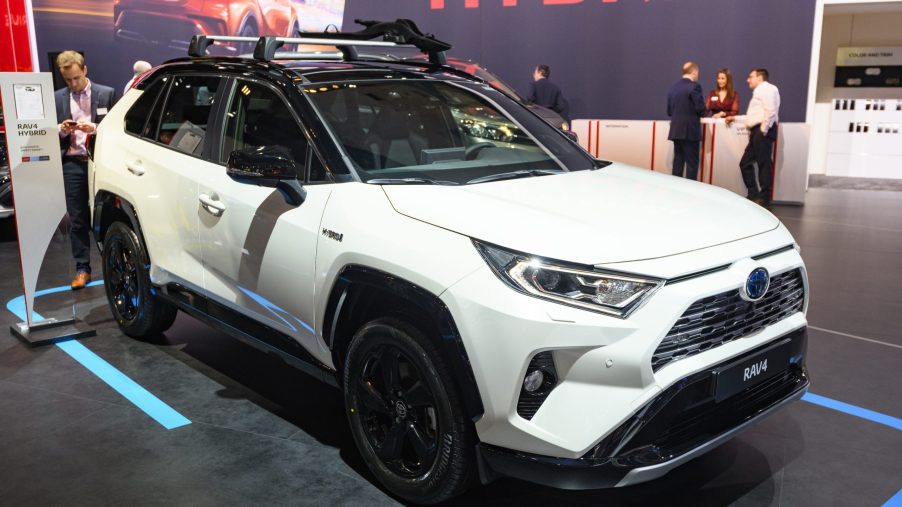
The Toyota Rodent Lawsuit Just Took a Unique Turn
By now, customers are well-aware of how safe and reliable Toyota is. That being said, Toyota isn’t perfect, and like many other automakers, Toyota has issued recalls and has been the defendant in plenty of class-action lawsuits before. In fact, one of the more recent lawsuits involving Toyota, the so-called Rodent Lawsuit, has taken another turn in the winding halls of justice.
What is the Toyota Rodent Lawsuit?
While it would be hilarious if this particular class-action lawsuit involved a family of rodents suing Toyota for whatever reason, the reality is less funny and far more serious. A while ago, Toyota, as well as other automakers, started using biodegradable materials for the wiring of their cars. Those new biodegradable wires used plant-based products, namely soy, and it wasn’t long before the lawsuits began.
The plaintiffs who were suing the automakers alleged that the only reason the rodents were chewing on car wires was because of those new soy-based wires. The plaintiffs alleged that it was a “defect,” while automakers, like Toyota, essentially said that this was just a case of rats being rats, as rats have chewed on wires since wires were invented.
The courts sided with the automakers and dismissed the case in 2018, but the plaintiffs have refiled and appealed. That’s where things get a bit complicated, but also more interesting.
Partially dismissed, but sent back to the courts

According to Car Complaints, after some legal twist and turns, the Ninth Circuit court ultimately heard the plaintiffs’ appeal. The lower district judge who had dismissed the case had dismissed all the plaintiffs’ claims. However, the Ninth Circuit reversed some of those dismissals, while affirming others.
For example, the Ninth Circuit agreed with that lower district judge when it came to dismissing the “state fraud and consumer protection claims” and claims relating to the Unfair Competition Law, but not the other claims in the lawsuit. Instead, the Ninth Circuit reversed the dismissal of claims in regard to some of the “implied warranty of merchantability claims” as well as claims relating to the Magnuson-Moss Warranty Act.
To be clear, the Ninth Circuit only reversed the dismissal of some claims, and the Ninth Circuit did not hand down any ruling. Like Car Complaints wrote, the case will be moved back down to a lower district court which will hear the case based on those warranty claims.
The claims that were dismissed, however, will not be a part of that new hearing. As such, this is a small win for the plaintiffs, since their case is still alive and has a chance.
Win or lose, this can be a frustrating problem
While there’s still no resolution to this case, it is pretty easy to emphasize with both sides. On one hand, rats and other rodents do chew on things, and it’s no surprise that they are chewing on Toyota’s new soy-based wiring. On the other hand, owners of cars that have been the victim of a hungry rodent have every right to be angry, as those rodents can cause some serious damage to a car.
Obviously, a car’s wiring is going to be very vital to the well-being of the car, and if a rodent chews through that wiring, then it can cause some serious and expensive effects. Not only can this affect the electronics and the instruments in the car, but it can also affect the car’s power steering. Estimates will vary, but depending on what wires get chewed on, it’s possible that an owner will have to pay about $3,000 to fix their car. Suffice to say, that’s a lot of money.
We’ll have to stay tuned to see how this issue will ultimately resolve itself.



